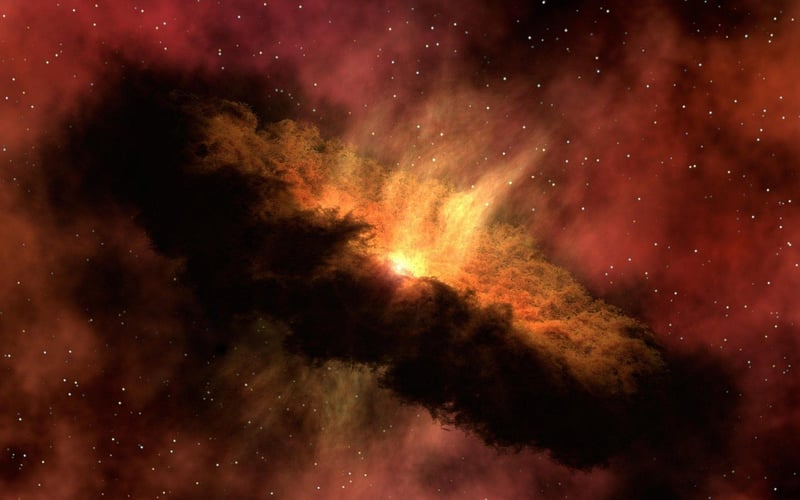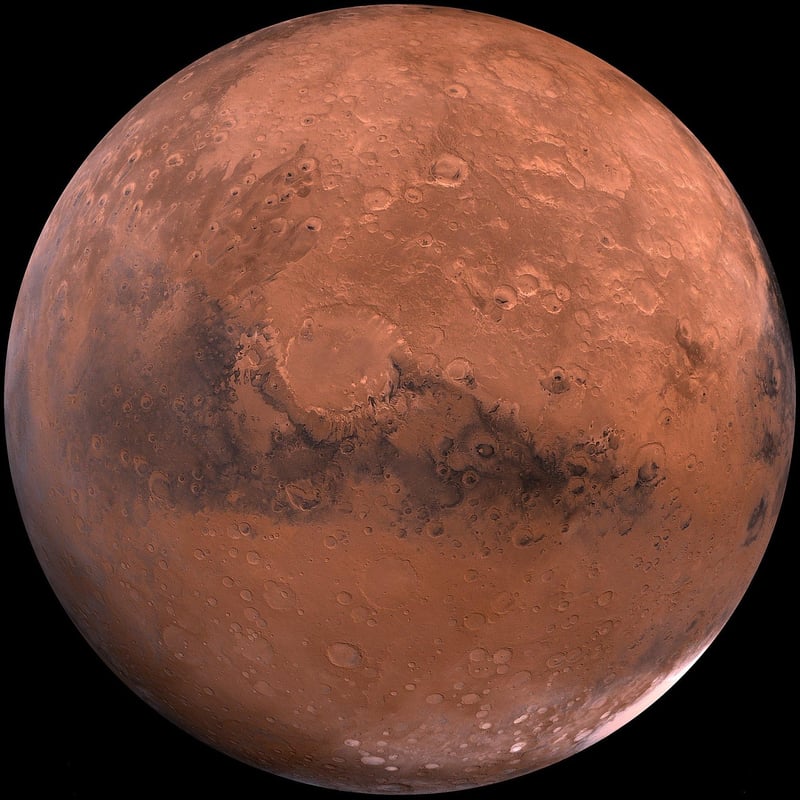Orbital Habitats
The Future of Human Expansion in Space: Orbital Habitats
As humanity looks towards the stars, the concept of orbital habitats emerges as a promising solution for our expansion into space. These self-sustaining structures offer a glimpse into a future where humans can live and work beyond the confines of Earth. Let's delve into the exciting realm of orbital habitats and their role in shaping the future of space exploration.
What are Orbital Habitats?
Orbital habitats are artificial environments in space designed to support human life. These habitats can vary in size and complexity, ranging from small research stations to large-scale living spaces capable of hosting entire communities. They are equipped with life support systems, radiation shielding, and all the necessary resources for inhabitants to survive in the harsh environment of space.
The Benefits of Orbital Habitats
1. Research: Orbital habitats serve as valuable platforms for conducting scientific research in a microgravity environment, enabling experiments that are impossible to perform on Earth.
2. Colonization: These habitats offer a stepping stone for future human colonies on other celestial bodies, serving as intermediate stations for long-duration space missions.
3. Resource Utilization: Orbital habitats can harness resources from asteroids and other celestial bodies, paving the way for sustainable space exploration.
Challenges and Solutions
While the concept of orbital habitats holds immense potential, several challenges need to be addressed for their successful implementation:
- Cost: Building and maintaining orbital habitats require significant financial investment. Collaborative efforts between governments and private industries can help mitigate these costs.
- Health Risks: Prolonged exposure to space radiation and microgravity can pose health risks to inhabitants. Advanced medical technologies and countermeasures are crucial for ensuring the well-being of residents.
- Sustainability: Developing sustainable life support systems and recycling technologies is essential for the long-term viability of orbital habitats.
The Future of Space Exploration
Orbital habitats represent a crucial step towards realizing our ambitions of deep space exploration and colonization. By leveraging the potential of these artificial environments, humanity can unlock new frontiers and pave the way for a multi-planetary future.

Excited about the possibilities of orbital habitats? Stay tuned for the latest developments in space exploration as we venture towards a future among the stars!
